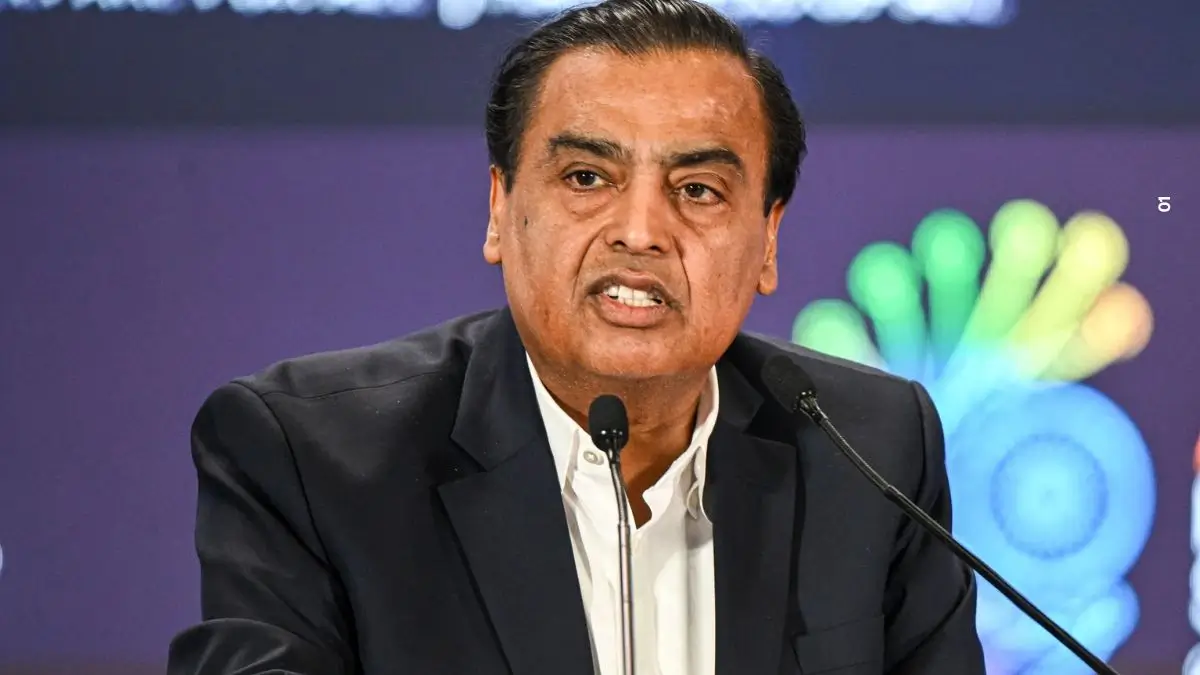A recent study published in The Lancet has painted a concerning picture for India’s future health landscape. According to the study, one in three Indians could be obese by 2050. The alarming projections highlight the growing trend of obesity, which is not only a lifestyle issue but also a major public health challenge. As obesity levels rise, there will be significant impacts on the overall health infrastructure, leading to an increase in chronic diseases such as diabetes, heart disease, and hypertension.
Factors Contributing to Obesity in India
Several factors contribute to this escalating issue. Sedentary lifestyles, poor dietary habits, and the increasing consumption of processed foods rich in unhealthy fats and sugars are among the main causes. Moreover, urbanization and the shift towards digital entertainment have reduced physical activity, making it harder for people to stay physically fit. Socioeconomic factors, including the availability of cheap, calorie-dense foods and inadequate nutritional awareness, also play a pivotal role.
Health Implications of Rising Obesity Rates
Obesity is linked to a wide range of health problems, including diabetes, cardiovascular diseases, and various cancers. The impact on the healthcare system will be immense as more people will require long-term care and treatment for these chronic conditions. Additionally, the quality of life for affected individuals may significantly decrease as the physical and emotional toll of obesity takes its course.
The Economic Cost of Obesity
The economic implications of obesity are equally concerning. The growing burden of obesity-related diseases could put a strain on both public and private healthcare systems. The treatment costs associated with these conditions will only increase as the prevalence of obesity rises. Additionally, productivity losses due to sickness or premature death could have long-term negative effects on the country’s economy.
Preventive Measures and Solutions
To combat this rising epidemic, experts emphasize the need for preventive measures such as promoting physical activity, encouraging healthier eating habits, and improving public awareness. The government must play a vital role by implementing policies that regulate the food industry, encourage active transportation, and increase public health education. Collaborative efforts between individuals, healthcare professionals, and policymakers are essential to reverse the trend.

B) Why this News is Important
Impact on Public Health
The findings of this Lancet study are particularly significant for students preparing for competitive exams such as IAS, PSCS, and other government-related positions. Obesity is not only a health issue but also an economic one. The rising obesity rates in India will affect the country’s healthcare system and workforce productivity. Students preparing for government exams should be aware of this growing concern and its broader implications on national health policies.
Importance for Health Policies
Understanding the link between rising obesity rates and the healthcare burden will be crucial for future policymakers. The issue requires both immediate and long-term strategies to improve public health and tackle preventable diseases. For aspirants of civil service exams, knowing about these health challenges and the government’s role in addressing them can be an important part of policy-making knowledge.
C) Historical Context
Obesity and Public Health in India
Obesity has been on the rise in India over the last few decades, coinciding with rapid urbanization, changing lifestyles, and dietary patterns. Historically, India has faced issues with undernutrition, but over time, the country has transitioned towards a nutrition imbalance with an increasing number of people being affected by obesity. Globalization has led to the introduction of fast food and processed foods that are high in sugars, fats, and calories, contributing to rising obesity rates.
Global and National Studies on Obesity
Studies by international organizations, including the World Health Organization (WHO) and The Lancet, have raised alarms over the obesity epidemic. The Lancet’s recent report is part of ongoing research into the growing obesity crisis worldwide. India, with its rapidly changing demographics and increasing urbanization, is now at the forefront of this issue in Asia.
D) Key Takeaways from “Lancet: 1 in 3 Indians Could Be Obese by 2050”
| S. No. | Key Takeaway |
|---|---|
| 1. | India’s Obesity Crisis: The Lancet study warns that one in three Indians could be obese by 2050, with rising health implications. |
| 2. | Main Contributing Factors: Sedentary lifestyles, poor dietary habits, and increased urbanization are driving the obesity trend. |
| 3. | Health Implications: Rising obesity will lead to an increase in chronic diseases like diabetes, hypertension, and cardiovascular diseases. |
| 4. | Economic Burden: The healthcare and economic costs of obesity will place a significant strain on India’s healthcare system and productivity. |
| 5. | Preventive Measures: Experts advocate for promoting physical activity, healthy eating, and public awareness to combat obesity. |
FAQs: Frequently Asked Questions
1. What is the Lancet study about India’s obesity crisis?
The Lancet study highlights that India could see one in three of its population become obese by 2050. This projection is alarming because of the associated health and economic implications, such as an increased risk of chronic diseases like diabetes, heart disease, and stroke.
2. What are the main causes of obesity in India?
The primary contributors to obesity in India include poor dietary habits, sedentary lifestyles, the growing consumption of processed and high-calorie foods, and a lack of physical activity due to urbanization and changing living conditions.
3. How will the obesity crisis affect India’s healthcare system?
The obesity epidemic will strain the healthcare system, leading to a rise in healthcare costs due to the increased burden of treating obesity-related diseases. Chronic illnesses like diabetes and cardiovascular diseases will require long-term care, which could overwhelm health resources.
4. Why is obesity a major concern for India’s economy?
Obesity-related diseases could lead to reduced workforce productivity due to increased sick days and early mortality, placing additional pressure on both the healthcare system and the economy. The cost of treating obesity-related conditions will add to the economic burden.
5. What steps should India take to prevent obesity?
India should promote healthier eating habits, encourage physical activity, and raise awareness about the risks of obesity. Policies should focus on reducing the availability of unhealthy food, encouraging physical fitness, and educating the population about nutrition.
Some Important Current Affairs Links

















